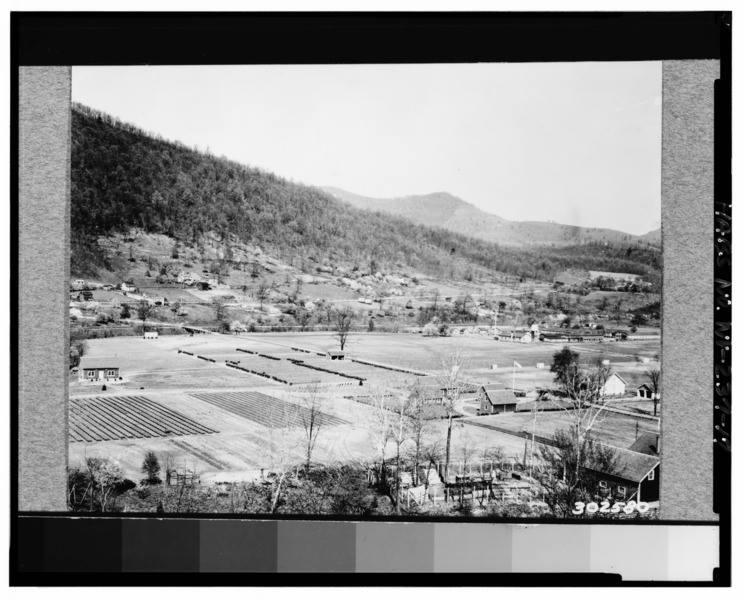What was the CCC
- David E. Stemple Jr.
- Nov 2, 2018
- 1 min read

During the great depression with jobs being scarce Franklin D. Roosevelt came up with a plan to put the young unemployed men of America to work. What he proposed was the Civilian Conservation Corps (CCC) a place where unemployed men could obtain shelter, food, and a wage provided by the government for doing conservation work around the country.
The CCC operated for nine years beginning in 1933 and ending in 1942 with the onset of WWII and the draft resulting in a congressional vote officially ending the program. Workers in the CCC camps planted trees, maintained and built roads, built structures, and did other work in and around many of the nations parks and rural areas. The enrollment for the program was limited to not more than 300,000 at a time and over the life of the program it aided more than 3 million workers and families.
Despite the program ending in 1942 many of the effects live on as it became one of the most popular programs in the "New Deal" and resulted in more than 3 billion trees being planted, an untold number of roadways, bridges, trails, and lodges being built, created a love of nature among most Americans, and advanced forest fire fighting methods.
The CCC camp in our area was located at nursery bottom and remnants of the camp and historical markers are still visible today.



















































Comments